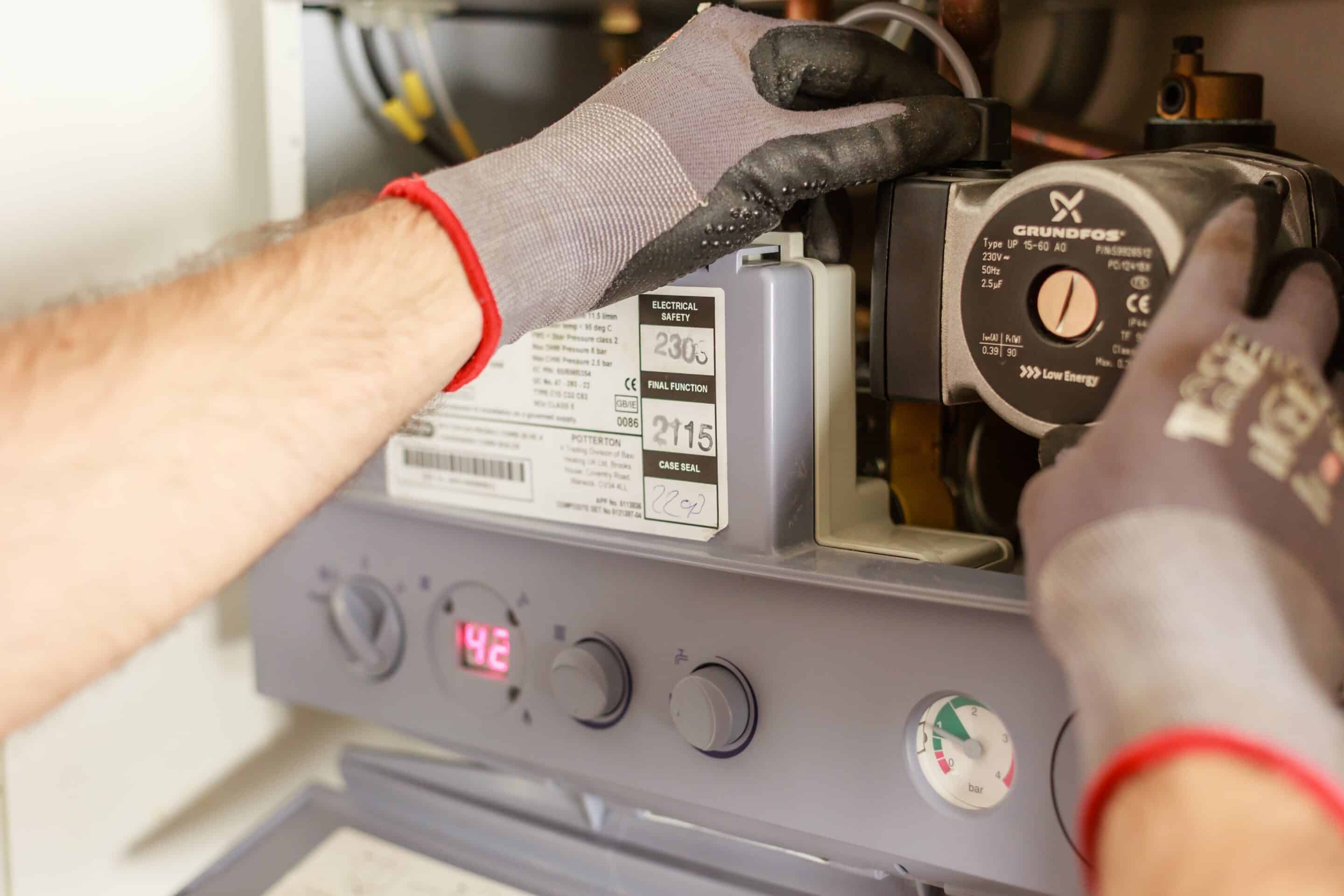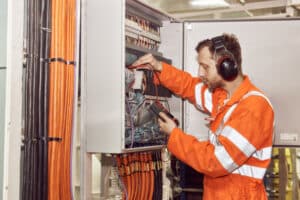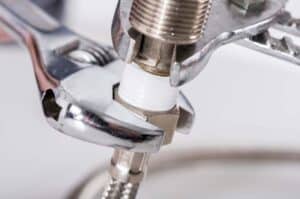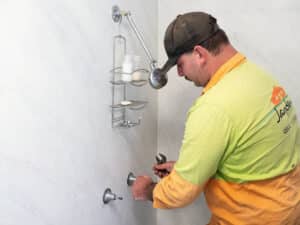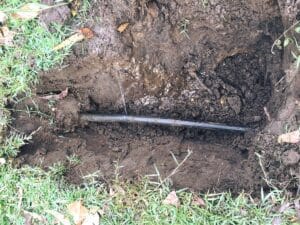When we think of plumbing, our minds often go straight to residential plumbing, such as fixing leaky faucets or unclogging toilets. However, there is another side to plumbing that is just as important: commercial plumbing. Commercial plumbing involves the installation, repair and maintenance of plumbing systems in commercial buildings, such as offices, hospitals, restaurants and schools. In this blog, we’ll take a closer look at what commercial plumbing is, what commercial plumbers do and why commercial plumbing is different from residential plumbing.
What does a Commercial Plumber do?
A commercial plumber is a plumbing professional who specialises in the installation, repair and maintenance of plumbing systems in commercial buildings. Their duties include installing and maintaining large and complex plumbing systems, such as those found in hotels, hospitals and schools. They also work on industrial plumbing systems, such as those found in factories and warehouses. Commercial plumbers are highly skilled professionals who have undergone extensive training and have a deep understanding of plumbing codes and regulations.
The Basics of Commercial Plumbing
Commercial plumbing is a complex and specialised field that requires a high degree of knowledge and expertise. The basics of commercial plumbing include the installation and maintenance of large and complex plumbing systems, such as those found in commercial buildings. These plumbing systems include water supply systems, drainage systems and sewage systems.
Water Supply Systems
Water supply systems are responsible for bringing clean water into a building. A commercial plumber is responsible for installing and maintaining water supply systems, which include pipes, valves and fixtures. They must ensure that the water supply system is properly designed and installed, and that it meets all plumbing codes and regulations.
Drainage Systems
Drainage systems are responsible for removing wastewater from a building. A commercial plumber is responsible for installing and maintaining drainage systems, which include pipes, traps and vents. They must ensure that the drainage system is properly designed and installed, and that it meets all plumbing codes and regulations.
Sewage Systems
Sewage systems are responsible for removing human waste from a building. A commercial plumber is responsible for installing and maintaining sewage systems, which include pipes, pumps and fixtures. They must ensure that the sewage system is properly designed and installed, and that it meets all plumbing codes and regulations.
Why Commercial Plumbing is Different
Commercial plumbing is different from residential plumbing for several reasons. Firstly, commercial plumbing systems are much larger and more complex than residential plumbing systems. This means that commercial plumbers must have a higher degree of knowledge and expertise to properly install and maintain these systems. Additionally, commercial plumbing systems must adhere to strict plumbing codes and regulations, which can vary from state to state and even from city to city. Commercial plumbers must be familiar with these codes and regulations to ensure that they are in compliance.
Another difference between commercial plumbing and residential plumbing is the types of plumbing fixtures used. Commercial buildings often require specialised plumbing fixtures not typically found in residential buildings. For example, hospitals and restaurants may require sinks and faucets that are specially designed for heavy use and are easy to sanitise.
In conclusion, commercial plumbing is an important field that requires a high degree of knowledge and expertise. If you require commercial plumbing services, be sure to hire a professional with the experience and expertise necessary to get the job done right. Contact our team at Jayden Enterprises to learn how we can help you get the most out of your commercial plumbing system.





